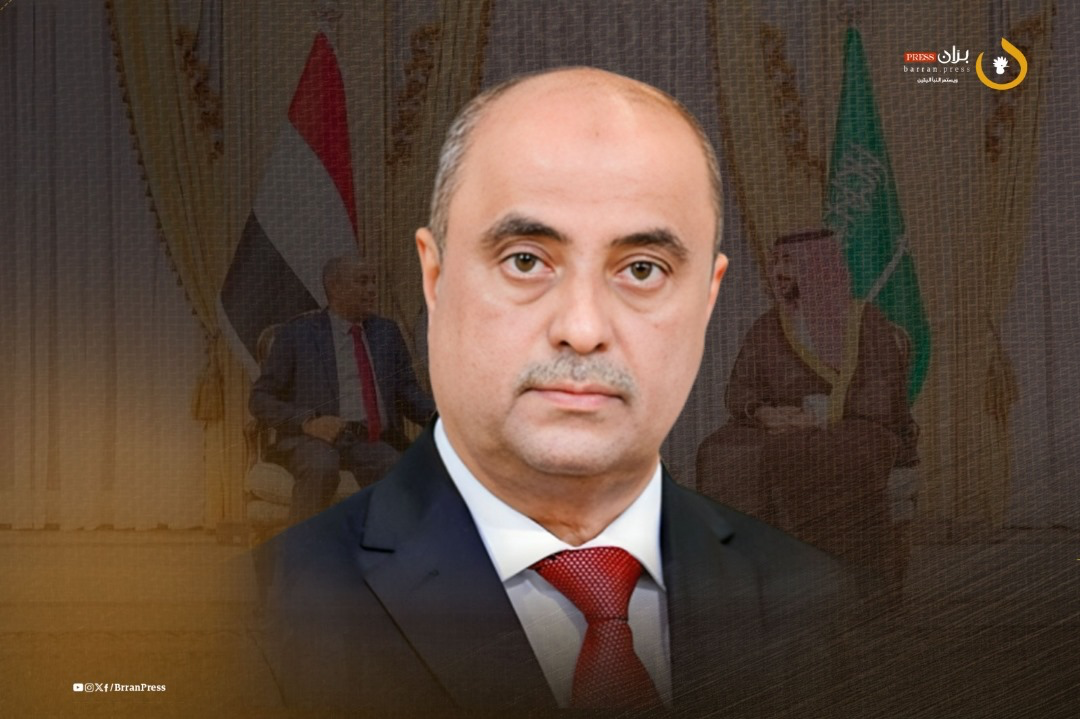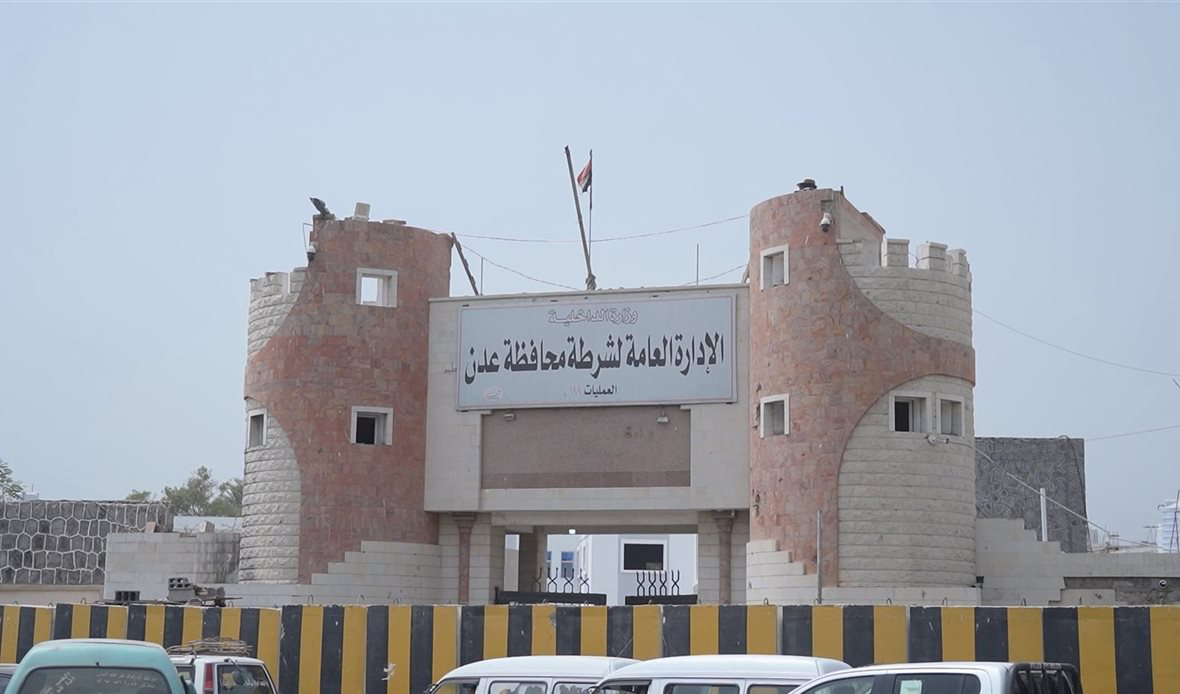
Barran Press
The newly appointed Prime Minister of Yemen's internationally recognized government, Salem bin Buraik, has yet to return to the interim capital of Aden due to ongoing efforts to secure substantial financial and economic support for the Yemeni people, a government source revealed on Saturday.
According to a senior official within the cabinet, speaking to the official Yemeni news agency (SABA), Prime Minister bin Buraik's continued presence in Riyadh is part of an "intensive and direct pursuit" to provide urgent assistance in addressing critical economic and service-related issues. These priorities include the disbursement of salaries, resolving the electricity crisis, and stabilizing the national currency.
The source clarified that the Prime Minister's return to Aden is contingent upon the completion of current arrangements aimed at achieving tangible results on the ground, emphasizing that his presence should not be merely symbolic.
The government official described a recent meeting between Prime Minister bin Buraik and Saudi Arabia's Defense Minister, Khalid bin Salman, as "fruitful and encouraging," commending the Kingdom's commitment to supporting Yemen and its people under various circumstances.
The source stressed Prime Minister bin Buraik's deep concern for the suffering of Yemeni citizens, noting that his silence in recent days reflects his intense focus on finding genuine and radical solutions to the crises, away from media rhetoric and superficial appearances.
The Yemeni government faces severe economic challenges stemming from the cessation of oil exports following attacks by the internationally designated Houthi group on the Al-Dabba, Al-Nashima, and Qena oil ports in October 2022. This disruption has halted government oil revenues and fuel inflows, depriving the government of a crucial financial lifeline.
Prime Minister Salem bin Buraik's appointment on May 3, 2025, followed a presidential decree replacing Ahmed Awad bin Mubarak, whose relationship with the Presidential Leadership Council had reportedly become strained. Bin Mubarak was subsequently appointed as an advisor to the Council's president.
Bin Buraik's appointment came shortly after Ahmed bin Mubarak announced his resignation as Prime Minister, citing challenges including being prevented from exercising his constitutional powers in decision-making and being unable to implement a necessary cabinet reshuffle.
Reuters news agency quoted six government sources indicating that bin Mubarak's resignation followed a power struggle with Rashad al-Alimi, the head of the Presidential Leadership Council, over his designated authorities, after al-Alimi reportedly rejected bin Mubarak's request to dismiss twelve cabinet ministers.
Ahmed bin Mubarak was appointed Prime Minister in February 2024, having previously served as Foreign Minister. He gained prominence in 2015 when he was abducted by the Houthi group while serving as the head of the presidential office during the conflict with then-President Abd Rabbo Mansour Hadi.





